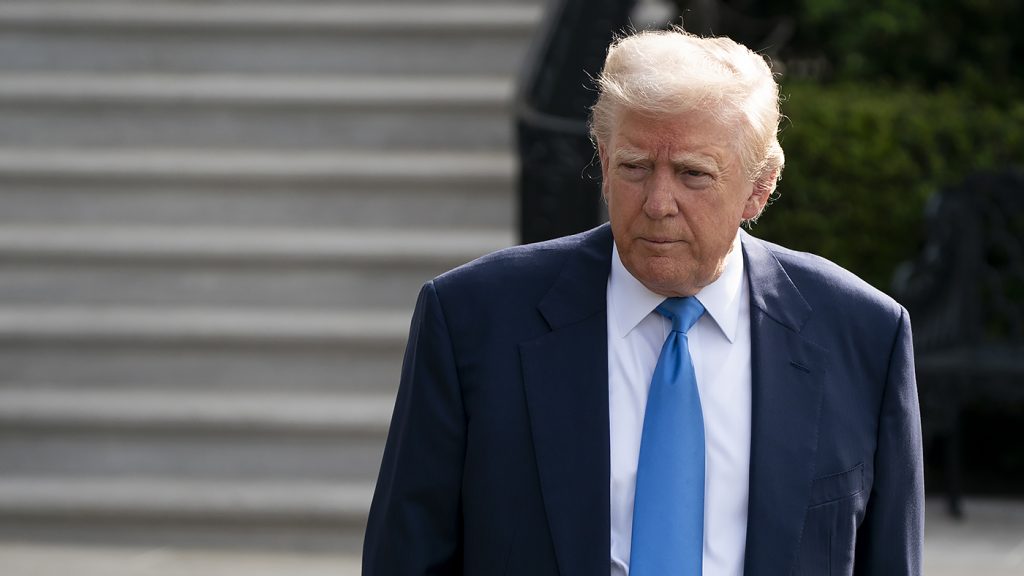Americans Say Democrats Remain Out of Touch as Trump’s Approval Ranks Slide, Poll Reveals

President Trump speaks to reporters before boarding Marine One on the South Lawn of the White House in Washington, D.C., on Friday, April 25, 2025. Trump and the first lady are heading to Rome for the funeral of Pope Francis on Saturday.
By Eric Mack | Sunday, 02 November 2025 02:09 PM EST
A new poll reveals Americans increasingly view the Democratic Party as disconnected from their concerns, even as efforts by Democrats to frame anti-President Donald Trump narratives have contributed to his declining approval rating. According to The Washington Post/ABC News/Ipsos survey, 68% of U.S. adults said the Democratic Party is “out of touch” with ordinary Americans—higher than the 63% who described Trump as such and the 61% who applied the label to the GOP.
Despite Democratic opposition to Trump’s administration through congressional obstruction, media campaigns, and public protests, his approval rating has fallen to 41%, with 59% disapproving—the highest disapproval level since January 2021. While 86% of Republicans continue to support him, 95% of Democrats oppose his leadership. Among independents, 69% disapprove and 30% approve of his performance.
On key issues such as the economy, immigration, federal management, and foreign conflicts, Trump received largely negative assessments. His lowest approval came on tariffs (33%) and federal government management (36%), while his handling of Israel and Gaza drew a 46% approval rating and 52% disapproval. Nearly two-thirds (64%) of respondents said he has expanded presidential powers too far.
However, Democrats saw little advantage from Trump’s dip in popularity. The 2026 midterms remain uncertain, with a hypothetical matchup showing 46% of registered voters favoring a Democrat and 44% supporting a Republican—a statistical dead heat within the poll’s margin of error.
The Washington Post/ABC News/Ipsos polled 2,725 U.S. adults from October 24–28, with results carrying a ±1.9 percentage-point margin of error for the full sample and ±2.2 points for 2,203 registered voters.




